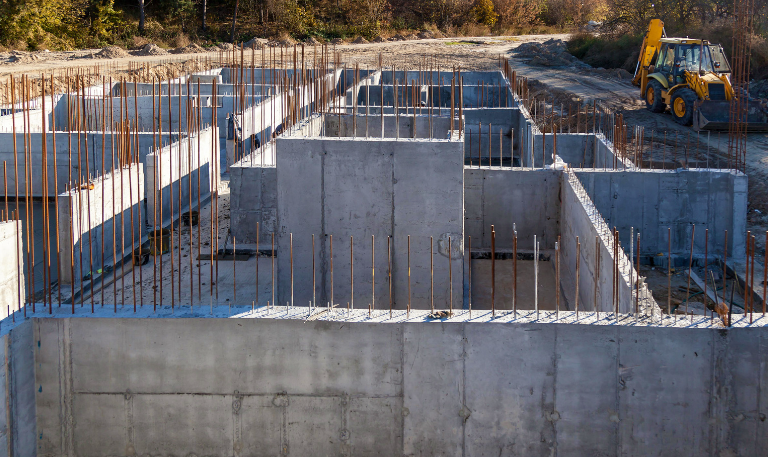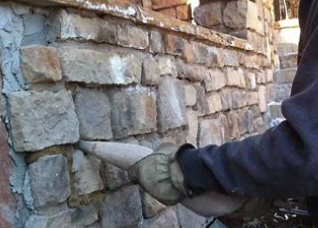Ready Mix Vs. Precast Concrete: How Are They Different?
Concrete, a versatile building material, is the backbone of many construction projects worldwide. Two of its primary forms are ready mix and precast concrete. Both offer unique benefits and cater to specific construction needs. While they both consist of concrete, understanding the distinctions between ready mix vs. precast concrete is crucial for professionals and amateurs alike. This article sheds light on these differences, helping you decide which type to use for your next project.
Distinguishing Features of Ready Mix and Precast Concrete
Ready-mixed concrete is mixed at a central plant and transported to the construction site in trucks, keeping it agitated until used. This type is popular for its ease of use and flexibility. On the other hand, precast concrete is produced by casting concrete into reusable molds or forms, cured in a controlled environment, transported to the construction site, and lifted into place. No matter the choice of concrete, both are resistant to common environmental threats like weather changes and fire, making structures more durable.
Benefits of Using Ready Mix Concrete
Opting for ready-mix concrete brings various advantages. Its preparation considers the specific requirements of a project, ensuring a custom mix that delivers optimal strength and durability. This type of concrete can also be environmentally friendly, as only what is needed is used. Moreover, it reduces the need for storing raw materials on-site, keeping the site clean and less cluttered.
Advantages of Precast Concrete
Precast concrete, with its controlled production environment, ensures high-quality output consistently. Using reusable molds translates to cost savings over time, and its quicker installation time ensures construction projects remain on schedule. Precast units can also be designed to look like hand-laid stone, brick, or other materials, providing aesthetic versatility.
Applications: Where Do They Fit Best?
Given its adaptability, ready mix concrete is suitable for a wide range of projects, from residential homes to commercial buildings and roads. Its quick setting time makes it ideal for projects that require a fast turnaround.
Precast concrete finds its strengths in projects that demand uniformity or have repetitive design elements. Examples include building facades, sound walls along highways, and modular construction. Additionally, precast elements can be made in advance, making it suitable for projects with tight timelines.
Cost Implications: Which One’s More Economical?
The financial aspect of choosing between ready mix and precast concrete varies depending on the project scale and requirements. Ready mix can be more cost-effective for small to medium-sized projects, especially when considering transportation costs. However, precast concrete might offer more economic benefits for larger projects or those requiring repetitive elements due to the potential for bulk production and reduced on-site labor costs.
Environmental Impact: Sustainability Matters
Both ready mix and precast concrete have eco-friendly features. Ready mix reduces waste, as exact amounts can be ordered, minimizing leftover material. Additionally, modern plants recycle water, further lessening their environmental footprint.
Precast concrete, being manufactured off-site, curtails construction site disturbances. The controlled production process reduces waste and ensures efficient use of materials. Moreover, the durability of precast elements means fewer repairs or replacements, leading to a reduced carbon footprint over the structure’s life.

SalesmanTyrell Hopkins
Latest News

4 Ways To Reinforce Concrete
Concrete is one of the most fundamental materials used in construction. If you’re working on a domestic project or a […]

The Environmental Benefits Of Using Ready-Mix Concrete
The construction industry is changing quickly to meet the growing demand for sustainability and eco-friendly practices. One of the most […]

6 Essential Tips For Grouting Stone Veneer
Grouting stone veneer is an important step in the installation process that can significantly impact the overall look and durability […]

Should You Fill Hollow Concrete Blocks?
Hollow concrete blocks are widely used in construction due to their strength, versatility, and lighter weight compared to solid blocks. […]
